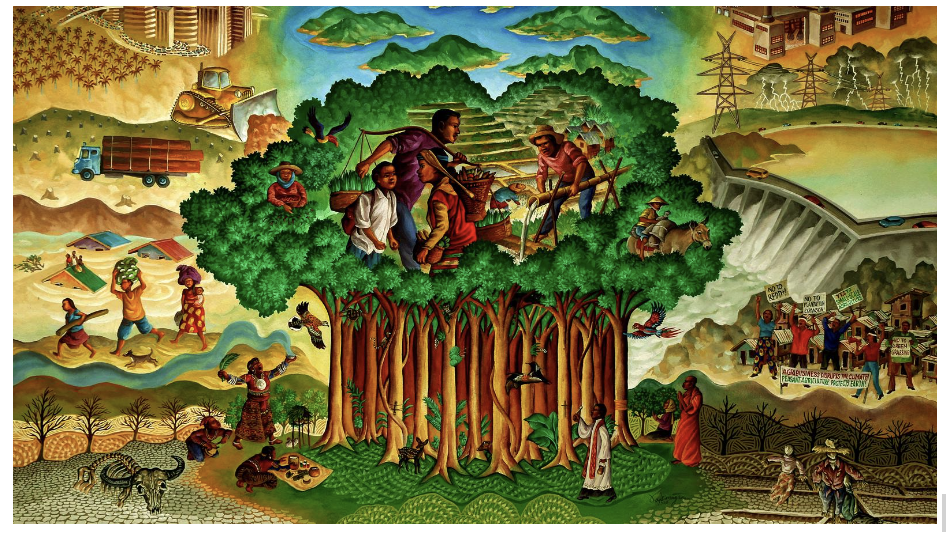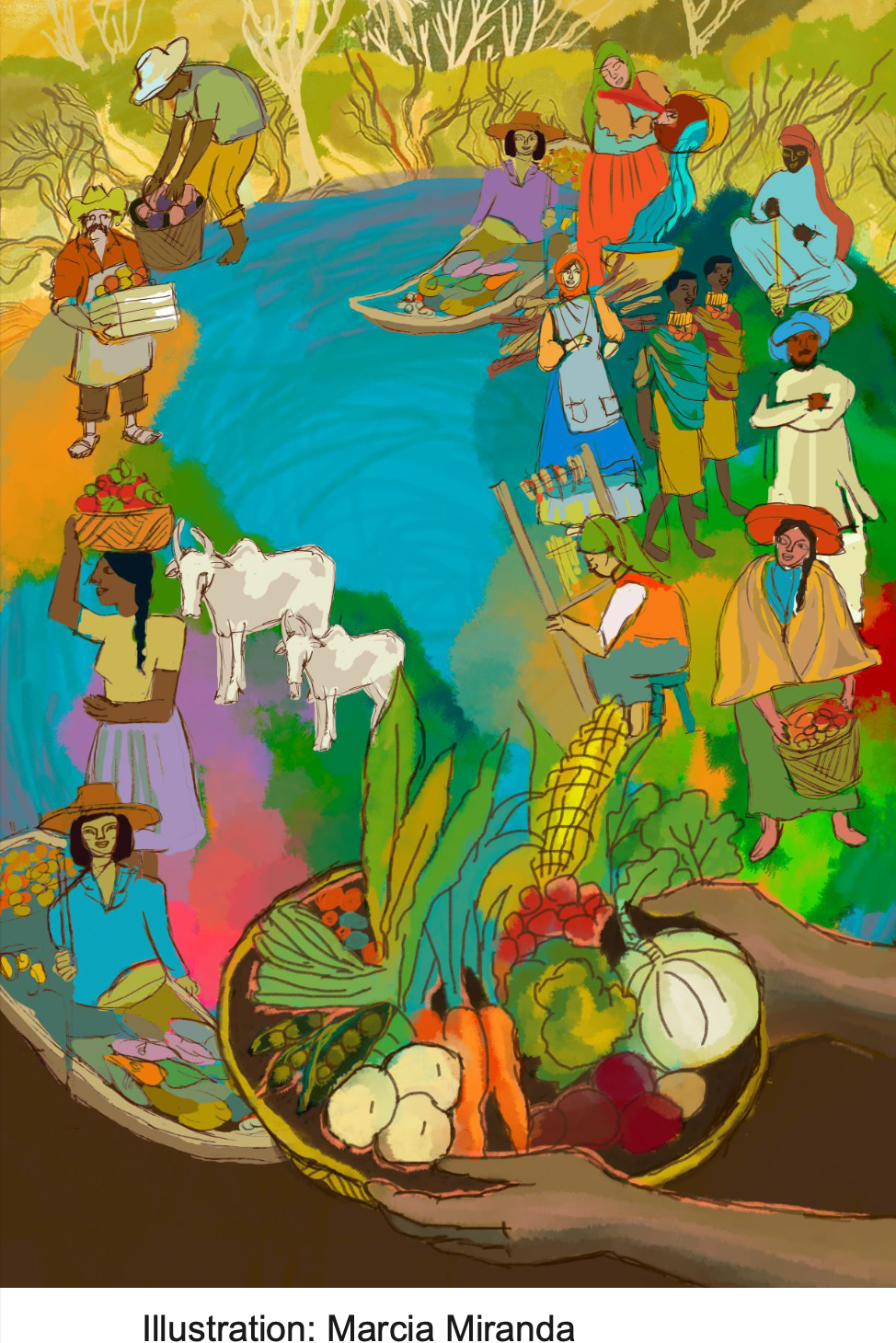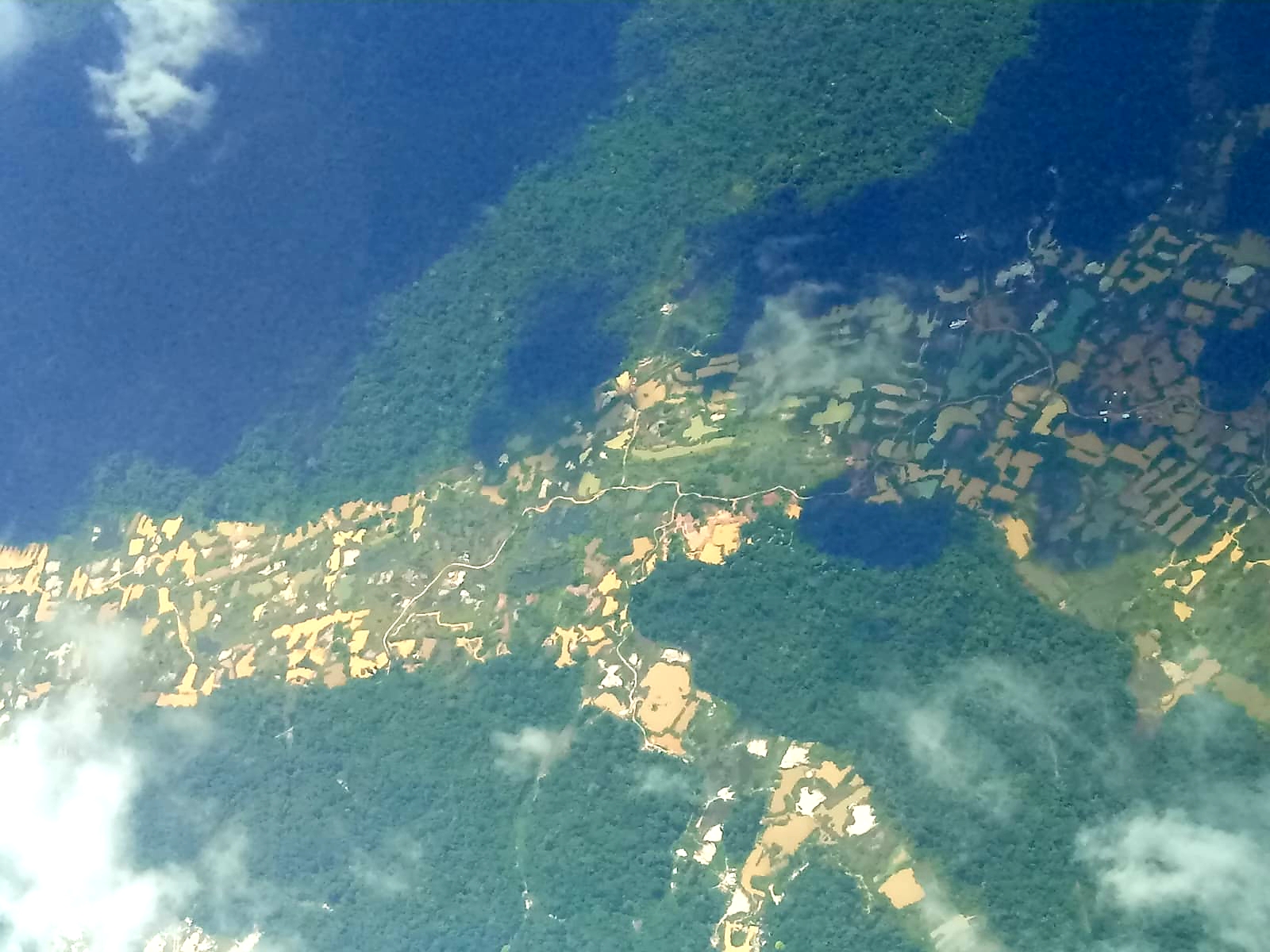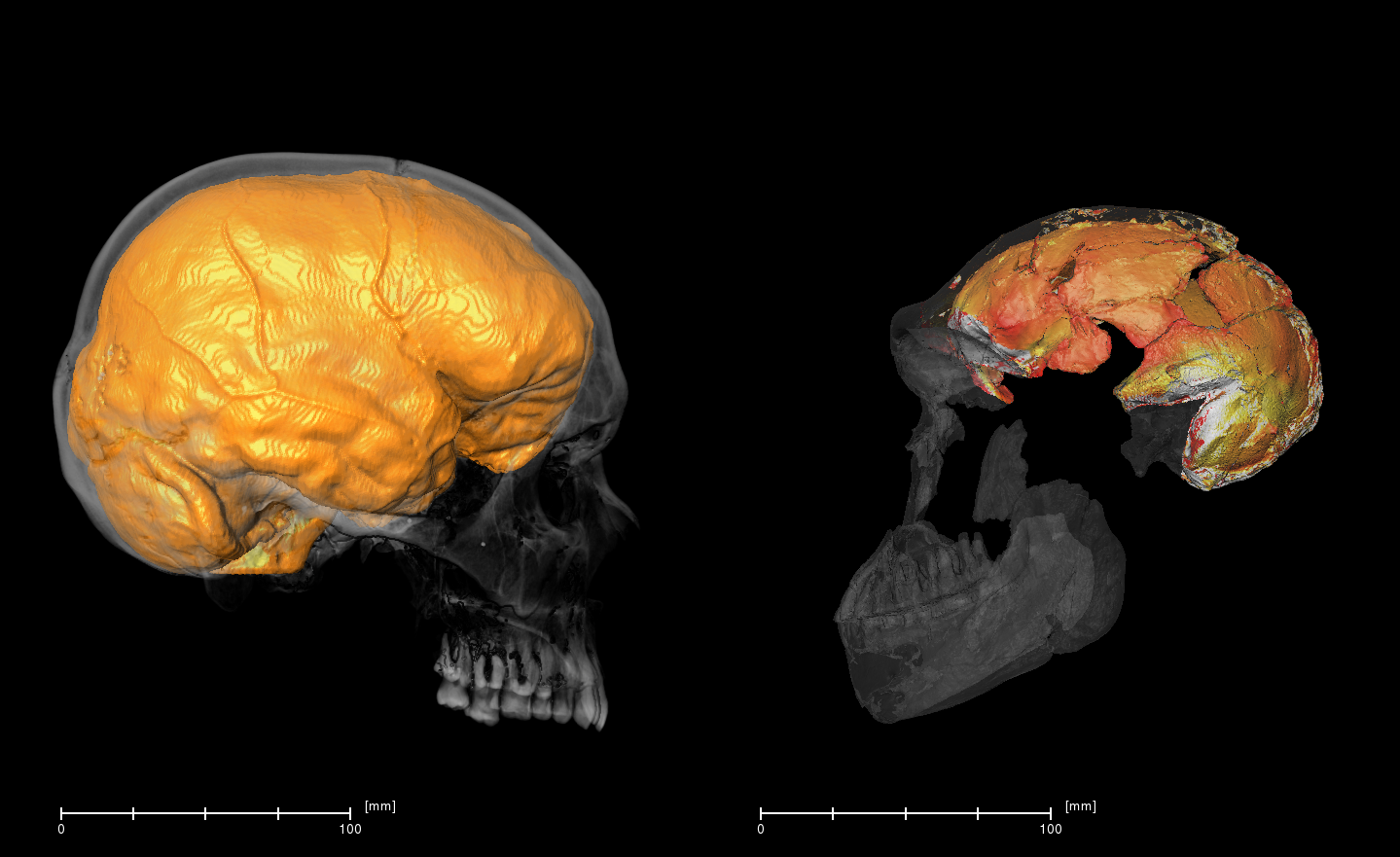
This course explores the intellectual traditions and debates that make anthropology distinctive among the social sciences. Building upon lessons from ANTH 140 and students’ training across the four subfields, Anthropological Theory is a required class for all anthropology majors. Over the course of the semester, we will read original texts by anthropologists (and other social scientists) to become familiar with key terms, scholars, and theoretical approaches that have shaped the discipline from the late 19th century to the present. As we proceed through this course, I encourage you to approach the history of anthropological theory not as a static “canon” but as a dynamic process of critically mapping, re-making, and questioning knowledge formations. This is a process in which we are all active participants. The course will culminate in each of you constructing your own syllabus – or anti-syllabus, depending on the approach you take. You may build upon the material we have read, selectively draw from it, or critically work against it; the goal is that you will come away from this class not only with a solid grasp of anthropological theories, but with a deeper sense of your own intellectual sensibilities, the research and questions you wish to pursue, and the anthropology you wish to practice.
- Instructor: China Sajadian

Revolutions are among the most transformative events in human history. They have the capacity to destroy or undermine powerful social systems while creating new ideas, values, social relations, and futures. From Haiti to Vietnam to Cuba to Algeria, our contemporary world is the outcome of major waves of anti-colonial revolution and, equally so, their uneven, contradictory, and violent aftermaths. This class asks: What does ‘revolution’ – as an idea, as a concrete historical process, and as a horizon of possibility – mean in our global present? In a planet defined by unprecedented migratory movements, ecological crisis, militarized states, and deepening inequalities, how do many of today’s popular movements across the world relate to past revolutionary promises, including the social struggles and conflicts that followed in their wake?
In this class, we will set out to answer these questions through a multidisciplinary inquiry into the global re-making of revolutionary subjects from the turn of the 18th century to the present, beginning with foundational debates in Marxist, feminist, and postcolonial theory. From there, we will move on to ethnographic accounts of wide-ranging political struggles across the world, from the contested afterlives of anti-colonial revolutions to contemporary movements for self-organization and liberation across the world. Through a comparative approach rooted in traditions of critical political economy, cultural studies, and engaged anthropology, students will come away from this class with a deeper understanding of many of the world’s most significant revolutionary questions – including the lessons they may hold for understanding our current planetary predicaments and our shared political futures.
In this class, we will set out to answer these questions through a multidisciplinary inquiry into the global re-making of revolutionary subjects from the turn of the 18th century to the present, beginning with foundational debates in Marxist, feminist, and postcolonial theory. From there, we will move on to ethnographic accounts of wide-ranging political struggles across the world, from the contested afterlives of anti-colonial revolutions to contemporary movements for self-organization and liberation across the world. Through a comparative approach rooted in traditions of critical political economy, cultural studies, and engaged anthropology, students will come away from this class with a deeper understanding of many of the world’s most significant revolutionary questions – including the lessons they may hold for understanding our current planetary predicaments and our shared political futures.
- Instructor: China Sajadian




